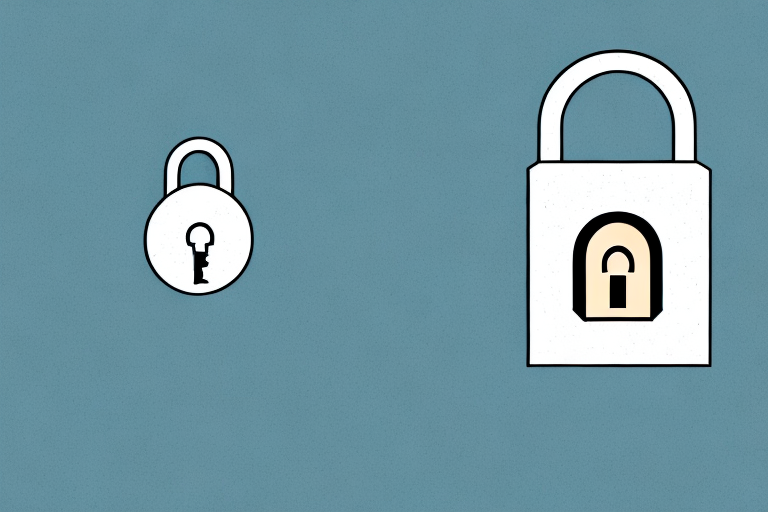The Importance of Strong Passwords for UPS Accounts
In today's digital age, protecting personal information is paramount. Strong passwords serve as the first line of defense against cyber threats, safeguarding sensitive data such as shipping details and personal information associated with your UPS account. A robust password not only defends against unauthorized access but also mitigates risks like identity theft and financial loss.
According to a 2023 cybersecurity report, over 80% of data breaches involve weak or compromised passwords. This underscores the critical need for users to prioritize password strength to protect their online accounts effectively.
Key Elements of a Secure UPS Account Password
Length and Complexity
A secure password should be at least twelve characters long, incorporating a mix of uppercase and lowercase letters, numbers, and special characters. This complexity makes it significantly harder for cybercriminals to crack your password using brute force methods.
Avoiding Personal Information
Passwords should never contain easily guessable personal information such as your name, birthdate, or common phrases. Cyber attackers often use automated tools that exploit such information to breach accounts.
Uniqueness Across Platforms
Using unique passwords for each of your online accounts prevents a single compromised password from endangering multiple services. Consider leveraging a password manager to generate and store complex, unique passwords securely.
Best Practices for Creating and Managing UPS Passwords
Utilize Password Managers
Password managers not only generate strong, random passwords but also store them securely. This reduces the burden of remembering multiple complex passwords and enhances overall security.
Regular Password Updates
Changing your password every three to six months can significantly reduce the risk of unauthorized access. Regular updates ensure that even if a password is compromised, it cannot be used indefinitely.
Avoid Reusing Passwords
Reusing passwords across different platforms increases vulnerability. If one account is breached, others using the same password become susceptible. Always use distinct passwords for each account.
Enhancing Security with Two-Factor Authentication
Two-factor authentication (2FA) adds an additional security layer by requiring a second form of verification alongside your password. This could be a code sent to your mobile device, a fingerprint scan, or facial recognition.
Implementing 2FA can significantly reduce the likelihood of unauthorized access, even if your password is compromised. According to CISA, accounts with 2FA enabled are much more secure against cyber threats.
Common Password Mistakes and How to Avoid Them
Using Simple or Common Passwords
Passwords like "password123" or "12345678" are highly vulnerable and easily guessed by attackers. Always opt for more complex and unique combinations.
Sharing Passwords
Never share your passwords with others. Sharing increases the risk of your account being compromised, especially if the recipient does not follow strong security practices.
Storing Passwords Insecurely
Avoid writing down passwords or storing them in unsecured digital locations. Use secure password managers to keep your passwords safe and easily accessible only to you.
Monitoring and Maintaining UPS Account Security
Regular Account Reviews
Periodically review your UPS account activity to identify any unauthorized actions. Check shipment histories, billing statements, and personal information for discrepancies.
Responding to Suspicious Activity
If you detect any unusual activity, contact UPS customer support immediately to report and rectify the issue. Quick responses can prevent further unauthorized access and potential damage.
Conclusion: Ensuring Comprehensive Security for Your UPS Account
Protecting your UPS account requires a multifaceted approach centered around strong, unique passwords and additional security measures like two-factor authentication. By adhering to best practices for password creation and management, staying vigilant through regular account monitoring, and avoiding common security pitfalls, you can significantly enhance the safety of your personal and shipping information.
Investing time in securing your UPS account not only protects your data but also ensures a smooth and worry-free shipping experience.








